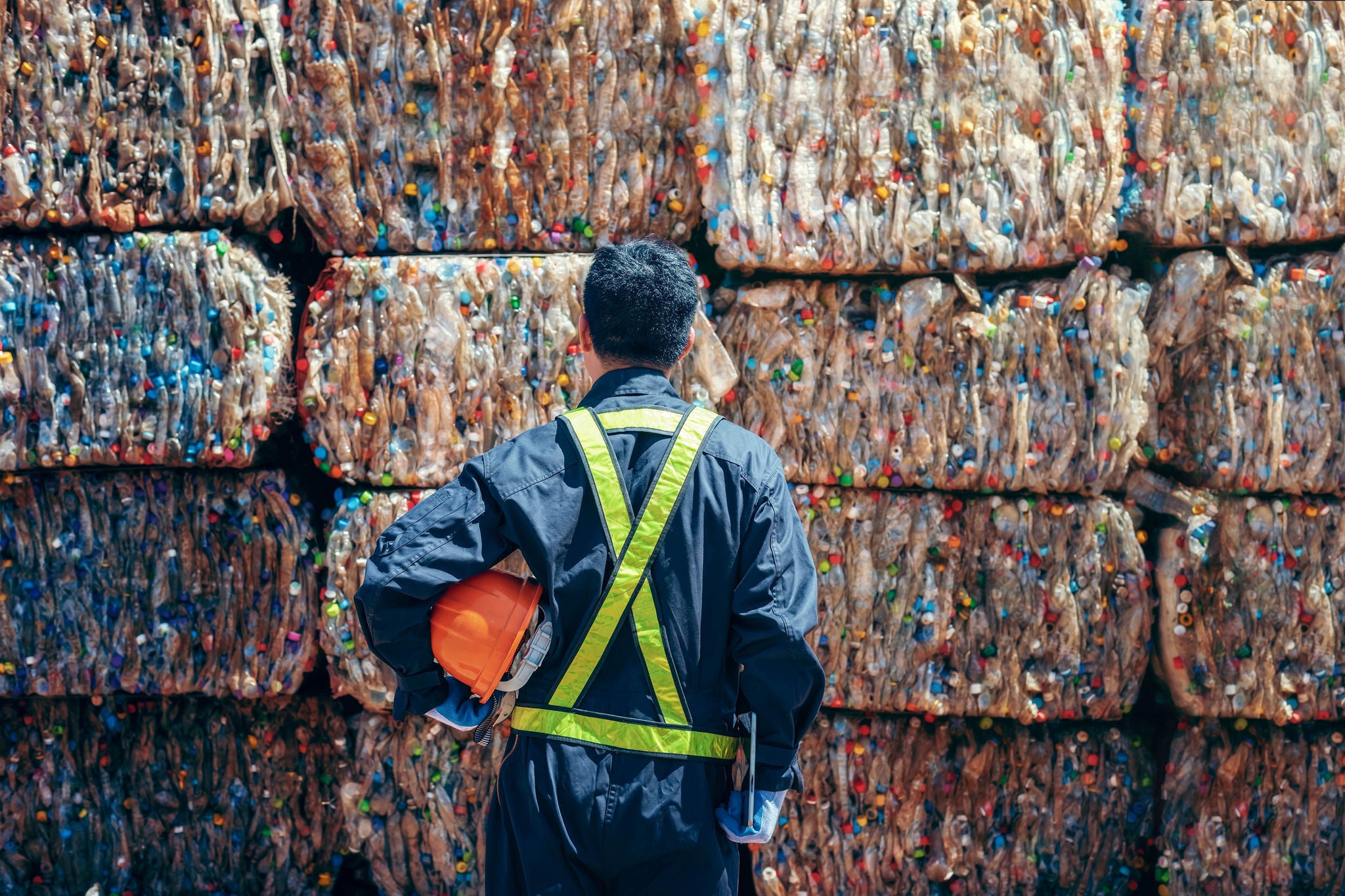EY refers to the global organization, and may refer to one or more, of the member firms of Ernst & Young Global Limited, each of which is a separate legal entity. Ernst & Young Global Limited, a UK company limited by guarantee, does not provide services to clients.
How EY can help
-
EY teams can help address ESG and sustainability issues, investor concerns and improve ESG performance. Find out how.
Read more
Current state of plastics disclosure
Currently, there are no uniform plastics disclosure metrics enforced by any industry or country. With the lack of national and international standardization, most companies that attempt to measure or reduce plastic waste have developed individualized methods. This makes it difficult to track initiatives on an industry or national level, to encourage companies to adopt a specified framework, and to hold accountable those who pollute the most. However, several initiatives to measure and disclose plastics are being promoted by non-governmental organizations (NGOs) and inter-governmental organizations (IGOs). Some of the existing initiatives on plastics disclosure include:
- CDP’s pilot plastics disclosure module launched in 2023 (through CDP’s Water Security Questionnaire)3
- Standards including the Global Reporting Initiative (GRI) 3064 on Waste (2020) and GRI 301 on Materials (2016)5
- Guidelines such as 3R Guidelines for Corporate Plastics Stewardship (2021)6
- Methodologies for plastics footprint measurement including the Plastic Leak Project (2020)7
- Tools for calculating plastics in a company’s product such as the Materiality Circularity Indicator (2019)8
The common key performance indicators (KPIs) associated with plastic reduction adopted by independent businesses include:
- Use of recycled or renewable material in at least 50% of plastic used across products
- Elimination of plastic from packaging
- Making packaging 100% recyclable
- Phase-out of single-use plastics
- Virgin plastic use reduction across operations
Without harmonized standards or frameworks, these KPIs are not adequate to effectively manage plastic waste and enable plastics disclosure and management across industries. Addressing this gap in harmonization is a key barrier to reducing plastic waste and pollution.
Barriers to plastics disclosure and accounting
The lack of standardized frameworks for plastics accounting presents a serious challenge for companies that want to track their plastic usage and waste but are unsure where to begin or unaware of the efficacy of current metrics used to manage plastic waste. The lack of consistency across existing standards also makes it costly for companies to navigate this landscape. To overcome this barrier, it is important for IGOs and industry leaders to develop internationally recognized standards and frameworks for plastics accounting and disclosure to provide companies a clear path to move forward in their efforts. This will help improve the consistency and comparability of metrics and data and provide confidence to businesses that this effort is cost-effective and worthwhile, which will further aid in the widespread adoption of the standard.
The value of harmonized standards can be seen in the case of GHG emissions. Standards such as GRI, Carbon Disclosure Project (CDP), and Sustainability Accounting Standards Board (SASB) have enabled consistent measurement and disclosure of key sustainability metrics like GHG emissions. To further boost GHG reporting, mandatory reporting standards, such as the Corporate Sustainability Reporting Directive (CSRD) and U.S. Securities Exchange Commission (SEC) Climate Disclosure Proposal, were developed to prioritize increased compliance with measuring and reporting progress over GHG emissions. These standards have enabled companies to initiate action as they actively develop processes to collect and track GHG emissions and implement action plans to reduce carbon emissions. In addition, several United Nations programs and organizations have brought together various parties to establish standardized GHG measures and practices. For example, the United Nations Framework Convention on Climate Change’s (UNFCCC) Paris Agreement played a crucial role in catalyzing corporate action on emissions reduction, thereby highlighting the role of IGOs in evocating pro-climate business responses.
The CDP’s water security questionnaire is a positive step toward harmonization of plastics disclosure. In addition, the United Nations Environment Program (UNEP), an initiative that works with governments, industry leaders, and UN entities to address environmental challenges, is currently in discussions to create robust mandates for plastic waste in the form of the UN Treaty on Plastic Pollution.
Implementing a unified approach to plastics accounting through the UN’s negotiations can help organize companies to achieve successful plastic waste management so that:
- Metrics are aligned across industries.
- Efforts made to reduce plastic waste are measurable and impactful.
- Companies comply with this legally binding policy (should it be finalized).





